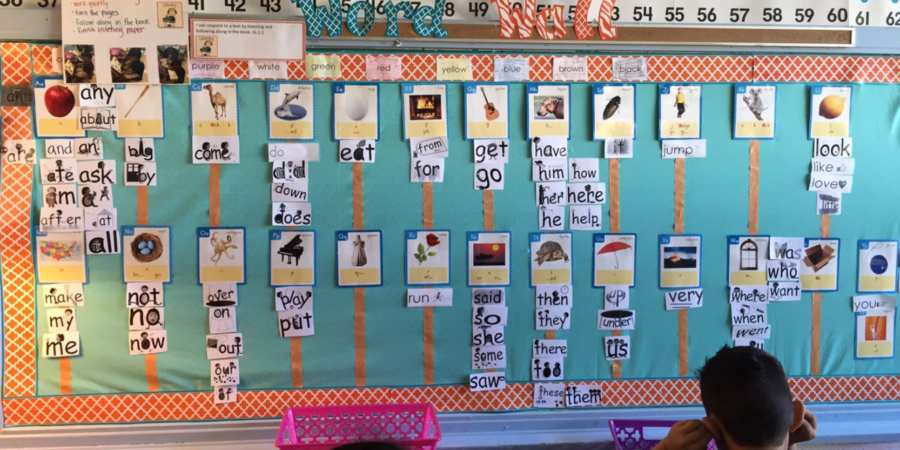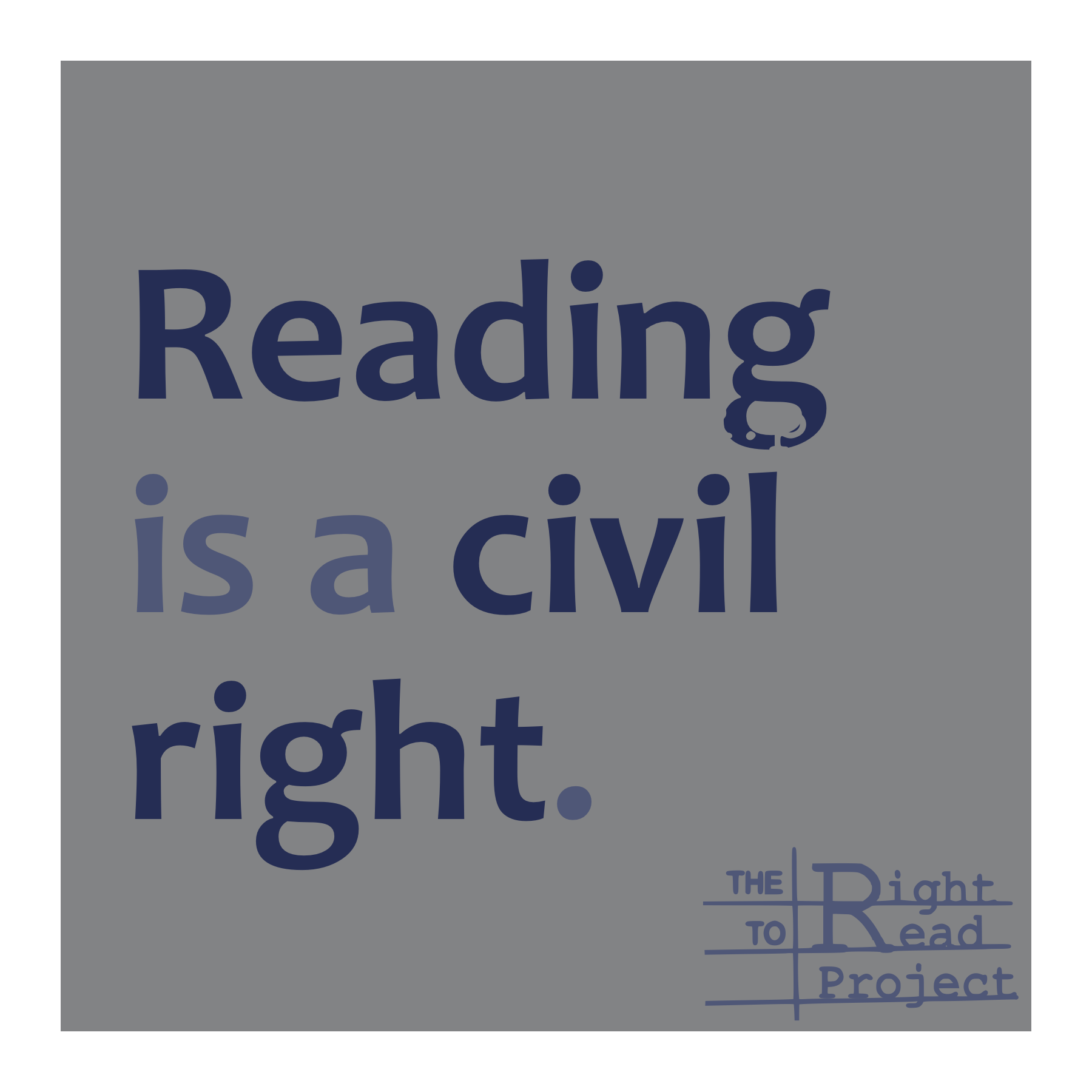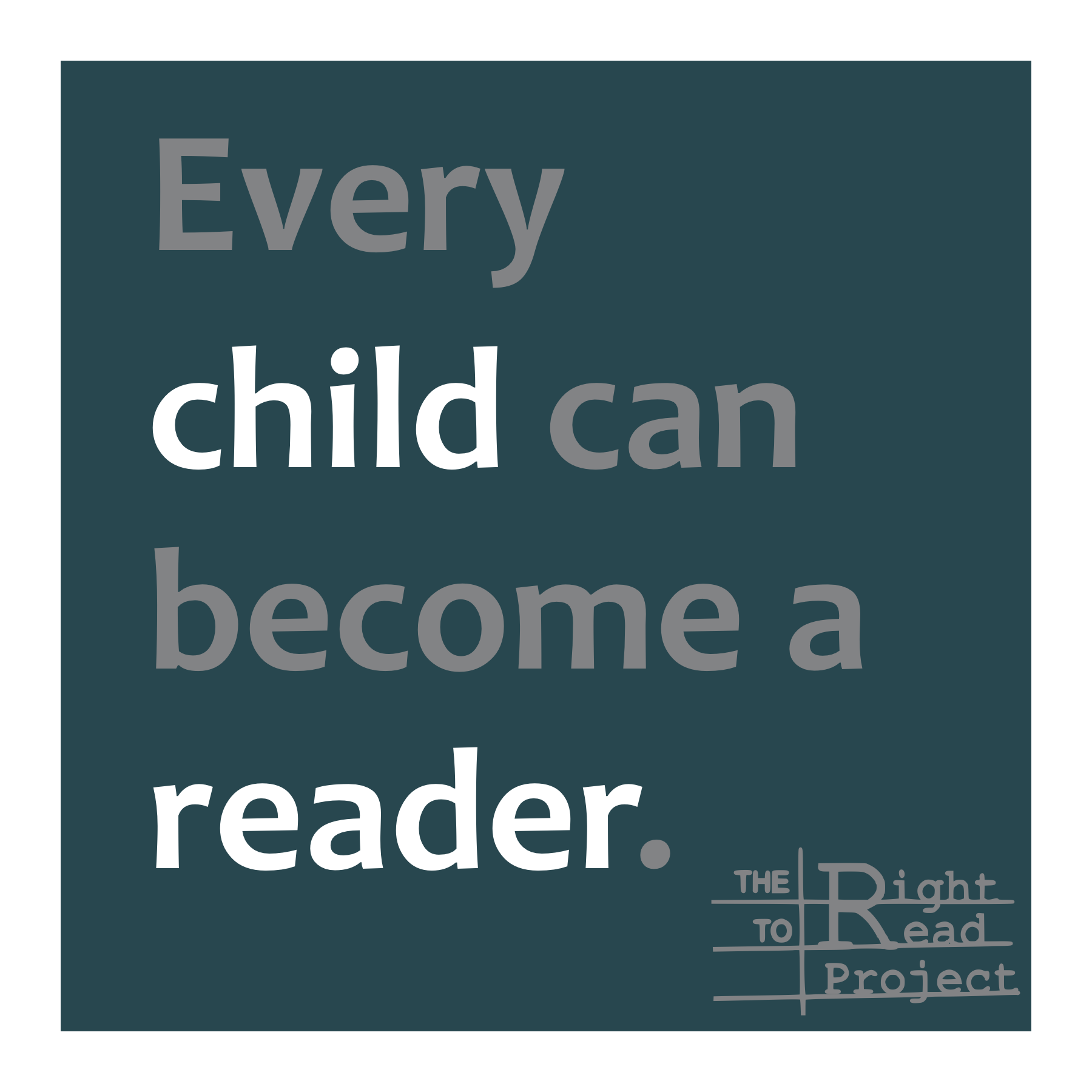I loved my first grade teacher, but she didn’t teach me how to read. The Start of a Problem Mrs. B earned her teaching credential during the height of Whole-Language. She read aloud to us every day and led projects related to books– making moon hats like Little Bear and our own Stone Soup. For a whole-class rendition of Where the Wild Things Are, a parent volunteer taped construction paper

Can We Please Stop Talking About Phonics?
Can We Please Stop Talking About Phonics? The discussion about the science of reading and its refutation of Balanced Literacy is often mischaracterized as being all about phonics. It’s not. But when reading researchers evaluated how a popular Balanced Literacy program addresses phonics, fluency, text complexity, building knowledge, vocabulary, and the quality of its supports for English Learners, only the part about phonics made front page news. So a lot
What Should We Do When a Reader Stumbles on a Word?
There’s a lot of bad advice out there for what to do when a reader comes to an unfamiliar word. While the exact language of problematic cues varies – Take a guess and sail on by! Skip the word and then reread. Use your eagle eye to look at the picture. – the premise of all these prompts is the same; they encourage young readers to use meaning or syntax
Every Child Is Unique… and Every Child Has to Learn the Same Skills
Heartfelt thanks to Dr. Maryanne Wolf for adding her thoughts this piece More the same than different Many of us assume that, because each child is a unique human being, every child learns to read in a different way. This widespread misconception causes unnecessary difficulty for teachers and for our students. “It is simply not true that there are hundreds of ways to learn to read… when it comes to
The ABCs of Teaching Reading at Home
This month’s school closures have forced families to become homeschool teachers overnight. Getting Started! What We Know about Beginning Readers Children progress as readers at different rates, but they pass through predictable stages of development. For typically-developing readers, the stages of reading can be mapped onto grade levels, but as a homeschool teacher you have the advantage of being able to provide the instruction your children need, regardless of their

Dear Lucy,
Dear Lucy, Thank you for writing No One Gets to Own the Term “The Science of Reading.” I am so relieved that discussion of reading science has made its way into the balanced literacy community and that you’ve added your own voice to the conversation. You’re making it safe for experienced educators to refine our practice as a result of new learning. For many years, I was a devout reading
Part 1: Simple View of Reading
Decoding x Language Comprehension = Reading Comprehension The Simple View of Reading is helping us rebalance instruction in my Balanced Literacy school district. For a while, “balance” meant whole-language reading instruction with 20 minutes of word study, even in kindergarten and first grade, so students were not developing the foundational skills necessary for reading. Many students appeared to be on track in the primary grades when they recited simple leveled-texts,








